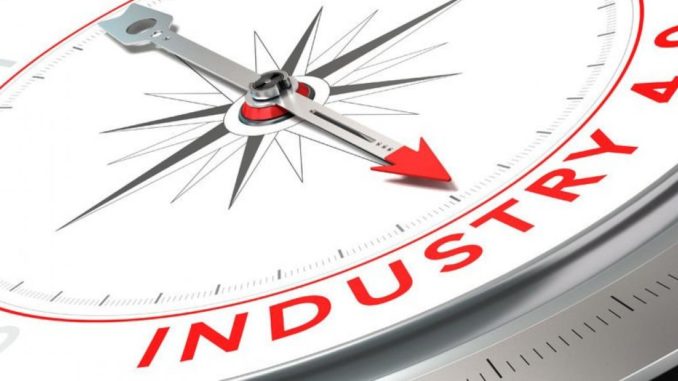
BY SETA ISTANBUL
The human capital aspect of the new industrial revolution necessitates prompt planning with an educational focus that will equip students with technological backgrounds, starting from early ages
In the last few decades, most middle-income countries around the world have been unable to graduate to the high-income class. Those countries are presumed to struggle with an economic phenomenon called the “middle income trap” which describes the case in which productivity cannot be further raised and competitiveness is lost to some extent. On the other hand, endogenous growth models suggest that a country’s ability to generate persistent levels of welfare hinges upon the technology and innovation that it employs. Therefore, technological development has long been regarded as a way out, to bypass the so-called trap for middle-income economies, including Turkey. What is more, today, even the advanced economies prioritize their policies on high technology as the main driver to uplift the prevailing stagnant economic performances. Within this framework, industry lies at the core of those modern vital efforts.
The latest associated revolution the world has stepped at is known as Industry 4.0. In the search for a cutting-edge phase of industry, the recent endeavors witnessed have been established to give birth to a brand-new machinery era that will enhance productivity and help the sluggish economies wiggle thereby. Introduced by Germany and widely adopted by numerous developed countries in a short period of time, the new industrial movement is expected to bring back the longed-for efficiency acceleration, along with some competitive advantages. Europe, in particular, is eager to break the de-industrialization trend of the last decades with the aid of Industry 4.0 and support its lingering economy by this means.
